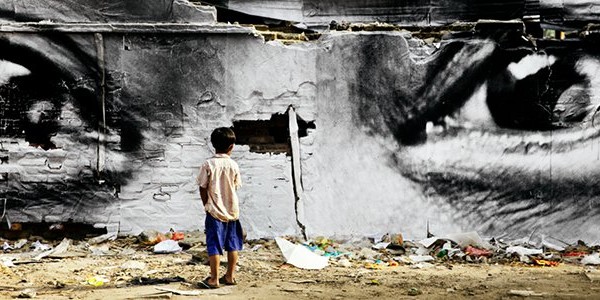My mother used to recite the lines of a poem when we needed to stop and enjoy. It went like this: “What is this world if full of care, we have no time to stand and stare?” I can see my brother stretching out his legs and putting his hands behind his head. He would say the old proverb, “How good it is to do nothing, and after doing nothing, to rest.” Then my mom would tell us about growing up in China, and that the Chinese had a special word for rest, and it had a very different meaning than just goofing off. It was something you did after working hard. It meant something like this–“the art of leisure.” We were to learn the art of resting.
Our family friend Chris had his own little observation, which may not be true from a naturalist’s point of view. He would say that all mammals slow down in summer. They get more active in the fall as they prepare for winter. Then we would all talk about Thoreau living in simplicity, who said he wanted big margins to his life.
My family, or at least some of my family, was big on the “art of leisure.” When we stop for a moment, we recognize the rhythms of life, day and night, summer and winter, high tide and low tide. We resist them at our peril. A phrase I read some decades ago comes back to me, I think from Carl Jung, though I can’t track it down–“Whatever you repress will return to you, knife in hand, demanding a sacrifice.” If we shut out rest, it will return to us in some other form, like sickness or resentment, demanding a sacrifice.
I’m glad the Bible talks so much about rest. It is the first thing God makes holy in the first pages. Often for me the Bible reminds us of our song when we have forgotten it. Reminding us so that we can remember. That’s what the ten commandments tells us to do with the day of rest–to remember it. How could we forget? Time to stand and stare.


